As a property manager or landlord, you have to handle a lot of things to secure a good amount of rental income for your business. From managing customers to dealing with your income tax rate, there are tons of responsibilities that you need to learn about to thrive in your real estate career.
There are also many things that can get in the way of your business’ success. Threats to the quality of your condo units are a big hurdle - and one of the most important and inevitable risks you can expect from leasing out real estate is property depreciation.
What is depreciation, and why is it so important to you in this context? This guide is here to help you understand the impact of this occurrence, how it might negatively affect your units, and how you can manage its negative effects on your business.
Dive into this expertly prepared DMCI Homes guide to learn more about this critical real estate management topic.
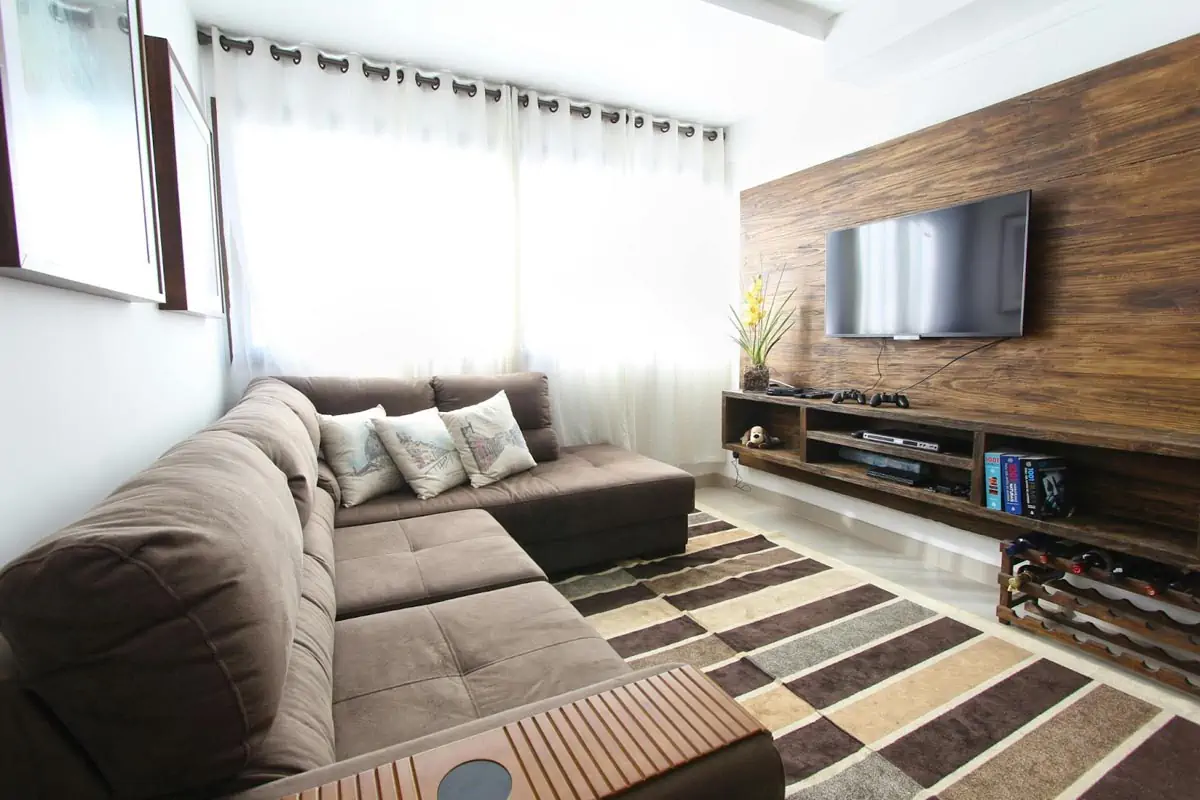 Photo courtesy of Pixabay via Pexels
Photo courtesy of Pixabay via Pexels
The depreciation of your property rental
Depreciation refers to the breakdown, wear, and tear, or obsolescence of your condo rental over time, leading to a decrease in its overall value. The decline in the quality of your unit has an effect on your rental income, since the lower the value, the less income you can generate from it as a real estate investment.
In the Philippines, you calculate property rental depreciation so that you can deduct those costs and losses from your unit’s taxable income. This estimated amount can be spread across the unit’s useful lifespan, starting from when you put it on the market up until the day you take it off the market.
The slow deterioration of your condo can be mitigated in various ways. From choosing good areas for investment to practicing regular maintenance and upkeep, you can reduce the impact of this occurrence with the right tips and tools. You can also manage it better when you know how it works - so check out the next section of this guide to learn more about it.
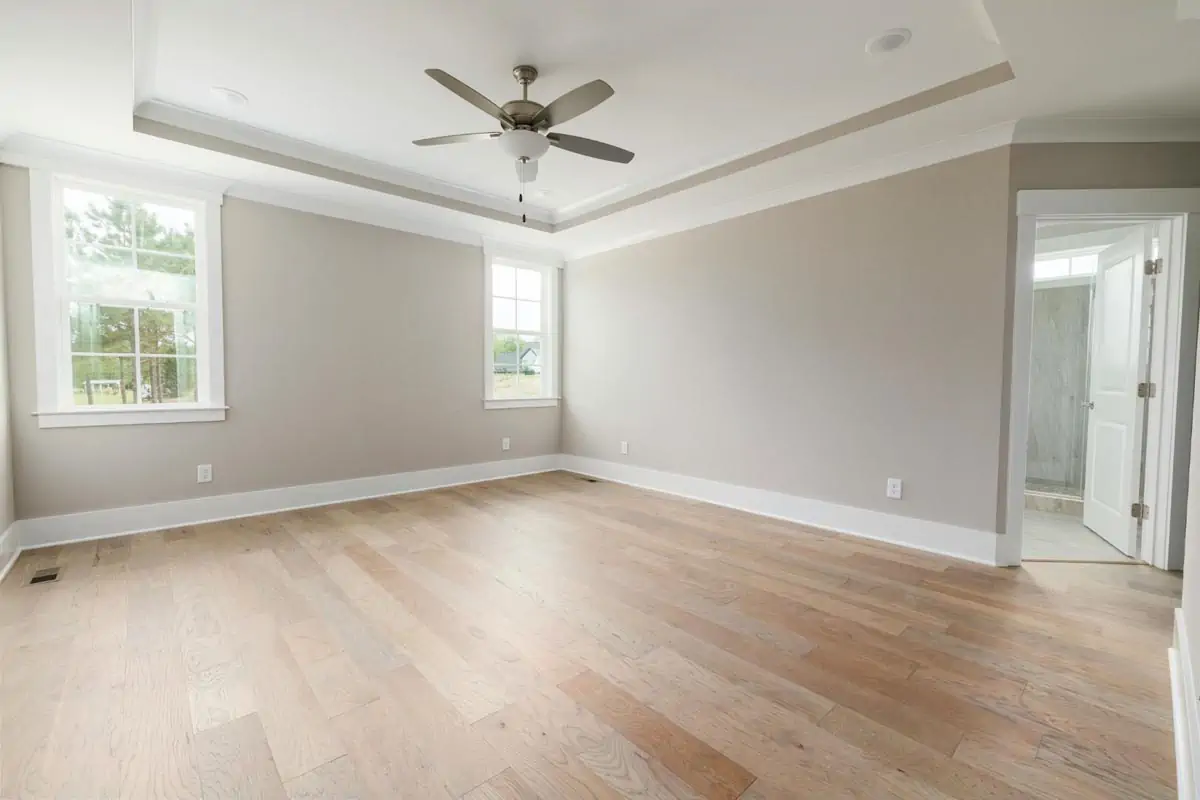 Photo courtesy of Curtis Adams via Pexels
Photo courtesy of Curtis Adams via Pexels
Types of depreciation and rental expense
There are three types of depreciation and obsolescence that you need to watch out for as aproperty manager or condo landlord. These occurrences, which can incur a wide range of renovation costs and rental expenses, include:
- Physical depreciation - This refers to the loss of physical condition for certain elements of your unit, due to age or wear and tear. One simple example of this is the fading or peeling of wall paint, leading to the need for repairs that incur costly maintenance dues.
- Functional obsolescence - This type of obsolescence, on the other hand, refers to the loss of function or usefulness for a fixture or design feature in a condo unit. Parts of your unit can become archaic or outdated over time, depreciating your condo’s value. When you rent out a fully furnished unit, you’ll want to make sure that its features are up-to-date and timeless for its intended use by future renters.
- Economic obsolescence - This refers to your condo’s loss of value due to external factors that are outside your control. Damage from natural calamities, an increase in crime in the neighborhood, and other extraneous factors can directly affect the economic value of your unit, leading to its loss in value.
Generally, you can exert control over physical and functional obsolescence by conducting regular condo repairs. It’s harder to control economic obsolescence, as its factors may be out of your purview as a landlord.
But as you choose real estate that matches your personality and needs, you’ll want to know how it can be affected by Philippine law. Continue to the next section to learn more about this concept and its relationship to local property law.
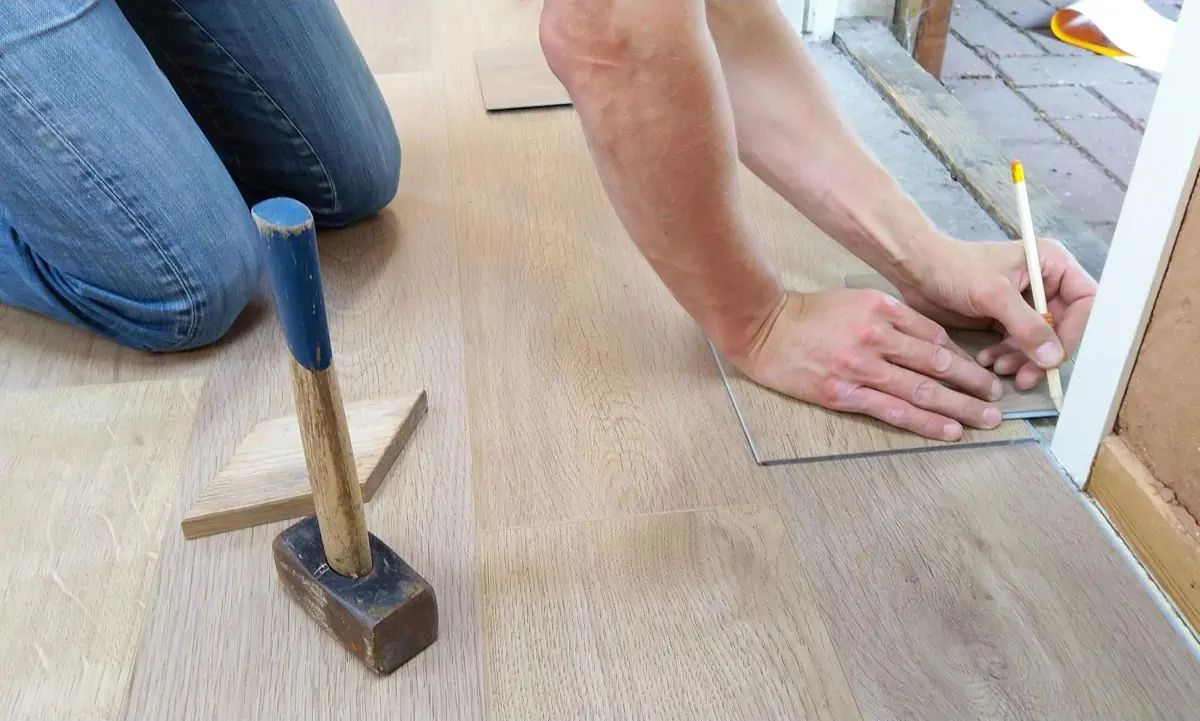 Photo courtesy of Skitterphoto via Pexels
Photo courtesy of Skitterphoto via Pexels
Depreciation and rental law in the Philippines
As mentioned in a previous section, this form of deterioration can reduce your property’s value, thus creating an impact on your overall condo rental business. More specifically, it can impact your investment in several ways, according to rental law in the Philippines. These include:
- Reduction in property value - As your unit depreciates over time, its market value decreases as well. This leads to reduced equity and, eventually, an even lower resale price.
- Impact on rental income - Lower property value can translate to lower renting rates, and therefore lower income too. If the condition of the home isn’t good, you won’t be able to command higher rent from tenants, leading to less money earned from this investment endeavor.
- Tax implications - Depreciation, when estimated and calculated correctly, can serve as a tax deduction from your net rental income. These deductions are spread out over several years, giving you a certain amount of control over your business’ budget and annual income tax.
While wear and tear is inevitable, you can reduce its negative effects on your business by deducting its tax-equivalent from your business’ income. Check out the next section to learn how to calculate this deductible figure for your real estate.
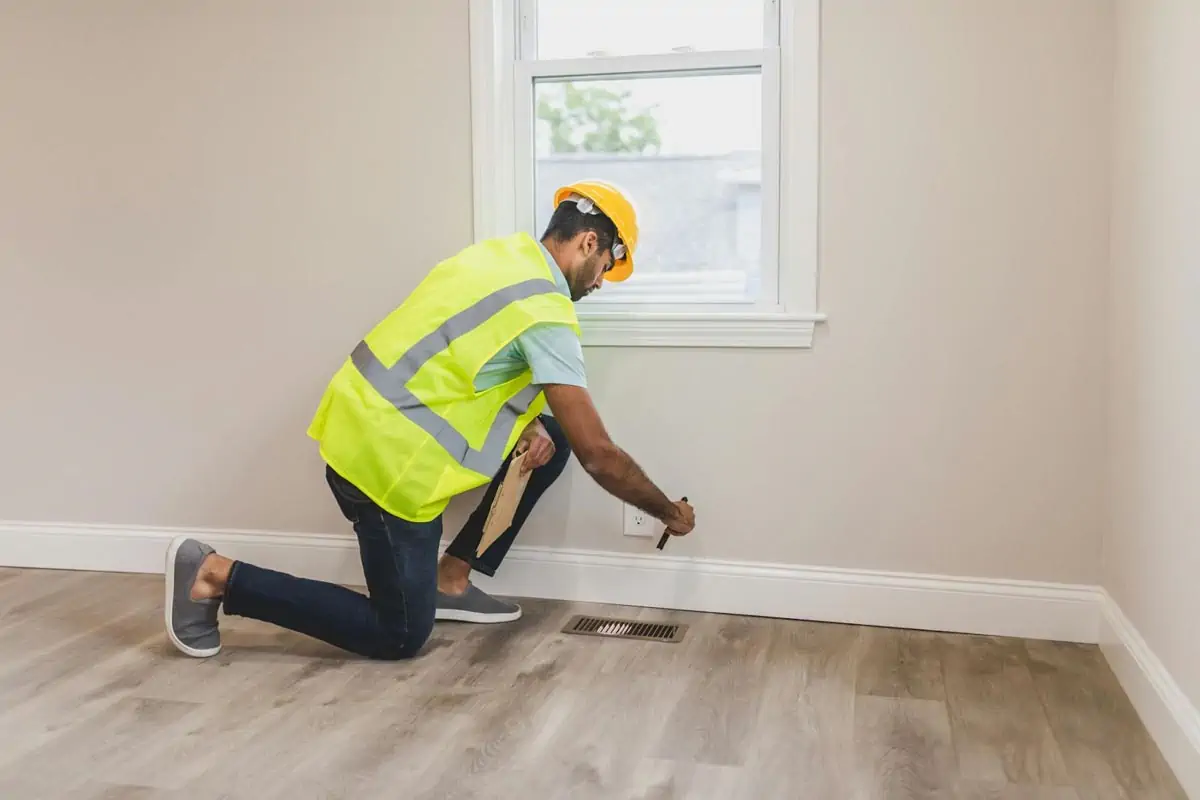 Photo courtesy of RDNE Stock project via Pexels
Photo courtesy of RDNE Stock project via Pexels
Measuring depreciation, rental income tax, and more
To deduct depreciation from your condo’s rental income tax, you can explore two different methods of calculation. These include:
- Straight-line method - This is a common method used to evenly split the value of an asset, like your unit, throughout its useful life. Landlords often use this to estimate the deductible amount if they’re starting out on their leasing journey.
- Double-declining balance method - This is another common method, except instead of calculating against the value of the asset at the start of its useful life, this method depreciates assets twice as fast. The double-declining balance method assumes larger expenses during the earlier years of your unit’s useful life, and smaller ones in later years.
Generally, you can use the straight-line method in real estate since it’s the most straightforward method. Of course, if you hire an expert to help you navigate this income tax deductible, you can expect a more accurate estimate of this amount for your rental income.
 Photo courtesy of Andrea Piacquadio via Pexels
Photo courtesy of Andrea Piacquadio via Pexels
If you want to calculate your rental property depreciation, you have to set your starting point at the beginning of the asset’s “useful life” - that is when you put your unit on the market. The end of this timeline occurs when you take it off the market, or when the condo is so degraded that it’s no longer useful to you or your customers.
Your property’s value refers to the price you bought it from the start of its useful life, including all other related expenses like closing costs, insurance fees, and more. Its salvage value refers to its estimated worth at the end of its useful life.
Therefore, the formula for calculating your condo’s annual depreciation using the straight-line method is:
Annual depreciation value = (Property value - Salvage value) / Useful life
This should give you an estimate of what can be deducted from your income tax and returned to your business. Of course, always defer to a real estate tax expert to get a better understanding of this amount and its relevance to your business.
 Photo courtesy of Mikhail Nilov via Pexels
Photo courtesy of Mikhail Nilov via Pexels
Mitigating depreciation on your real estate
It’s useful to know an estimate of your condo’s depreciation so that it can be deducted from your taxes in the long run. But it’s also helpful to know how you can mitigate degradation and obsolescence on a day-to-day basis.
Whether you rent out studio units to individual tenants or family-friendly homes across the country, you’ll want to ensure your assets are always in good condition as you run your business. Here are some simple tips to reduce the effects of wear and tear on your condo unit:
- Regular maintenance and upgrades - If you consistently maintain your property, you can directly slow down the effects of physical obsolescence and the degradation of your unit. You can also reduce the impact of functional obsolescence by periodically upgrading your condo to keep it competitive in the real estate market.
- Location and market considerations - Before you even purchase a unit for rent, take its location and market into consideration. Make sure to choose locations with stable or growing tenant markets so that you have a good population for your condo investment. Consider areas with strong economic fundamentals as well, like cities with thriving businesses and little risk for natural disasters.
- Maximizing tax benefits - As mentioned earlier, it’s incredibly useful to know about your unit’s deductibles so that you can minimize your tax liabilities. But it’s also important to maximize your tax benefits by consulting directly with a tax professional so that you can optimize all the strategies available to your business.
From handling family-friendlyrent-to-own homes to dealing with day-to-day repairs and maintenance, it’s important to stay informed about all kinds of real estate management topics. By having the initiative to understand such crucial concepts, you can take proactive steps to minimize their impact and maximize your overall rental income.
Always seek expert advice and professional guidance to manage your business effectively. This way, you can flourish in your career and reap the benefits of your real estate property with DMCI Homes.
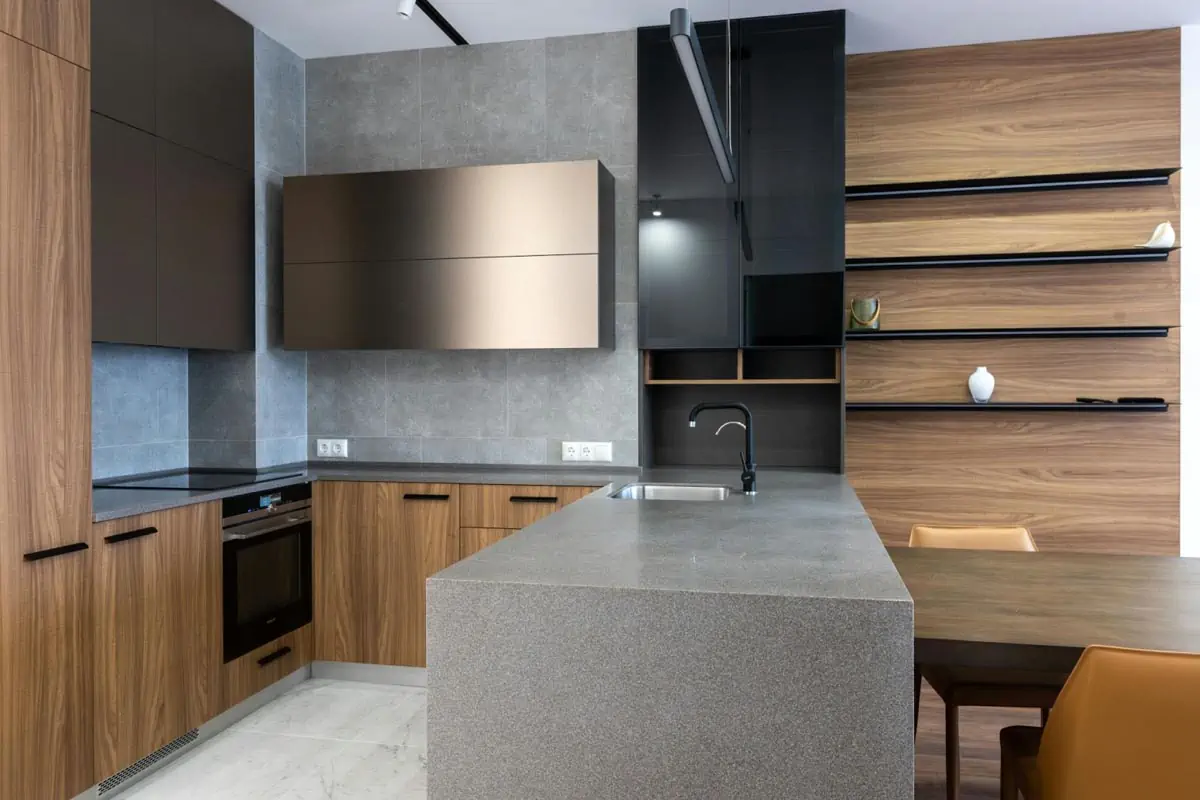 Photo courtesy of Max Vakhtbovycn via Pexels
Photo courtesy of Max Vakhtbovycn via Pexels
Key takeaways
Tackle the next big property management challenge with ease when you seek out expert real estate guidance. Remember to take these final tips away with you as you mitigate wear and tear for your current condo properties:
- Begin with a strong foundation. Take this both literally and figuratively - start your business off strong by choosing properties with good structural and economic foundations that reduce the risk of obsolescence over time.
- Conduct regular maintenance and upgrades. Mitigate the wear and tear of your units by doing regular repairs and by upgrading their features whenever needed.
- Work with experts in the field. Whether you’re exploring tax or real estate opportunities, always consult with experts to execute the best possible management choices for your business.
To stay up-to-date on DMCI Homes Leasing options, remember to check out the DMCI Homes Leasing and to follow our social media accounts too: Facebook, Twitter, Instagram, and YouTube.








